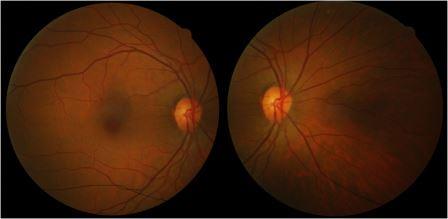Diabetic Eye Screening Wales
The Diabetic Eye Screening Wales (DESW) service is nationally run programme to detect sight threatening diabetic retinopathy (DR) at an early stage before visual loss occurs. For people referred to the service, photographs of the retina are obtained using a specialist retinal camera. The images are assessed by Retinal Graders for the presence and severity of DR; and if patients have sufficient levels of DR they are referred to an Ophthalmologist for further assessment.[1]
The Project
In January 2016, the UK National Screening Committee recommended that screening intervals for DR can be extended to biennial from annual for adults with diabetes without evidence of DR at two consecutive screening appointments.[2] Health and Care Research Wales commissioned SCHE to examine the economic and patient impact of extending screening intervals in Wales in line with the new UK National Screening Committee recommendations.
The evaluation
Using DR grading data from the DESW along with data from GPs linked using Secure Anonymised Information Linkage (SAIL – link to SAIL site) allowed SCHE to analyse the DR screening results along with other possible risk factors (HbA1c, duration and current treatment of diabetes, blood pressure, cholesterol, gender and smoking status) in people with diabetes.
Weibull regression analysis was used to estimate risk of progression to referable DR within the screening pathway to populate Markov models for type 1 and type 2 diabetes. Panel data were analysed from 2,286 and 36,202 persons with type 1 and type 2 diabetes respectively.
What we found?
For biennial relative to annual screening treatment costs increased for people with both type 1 and type 2 diabetes whilst quality of life decreased due to the more advanced state of referable DR detected at 2 years.

